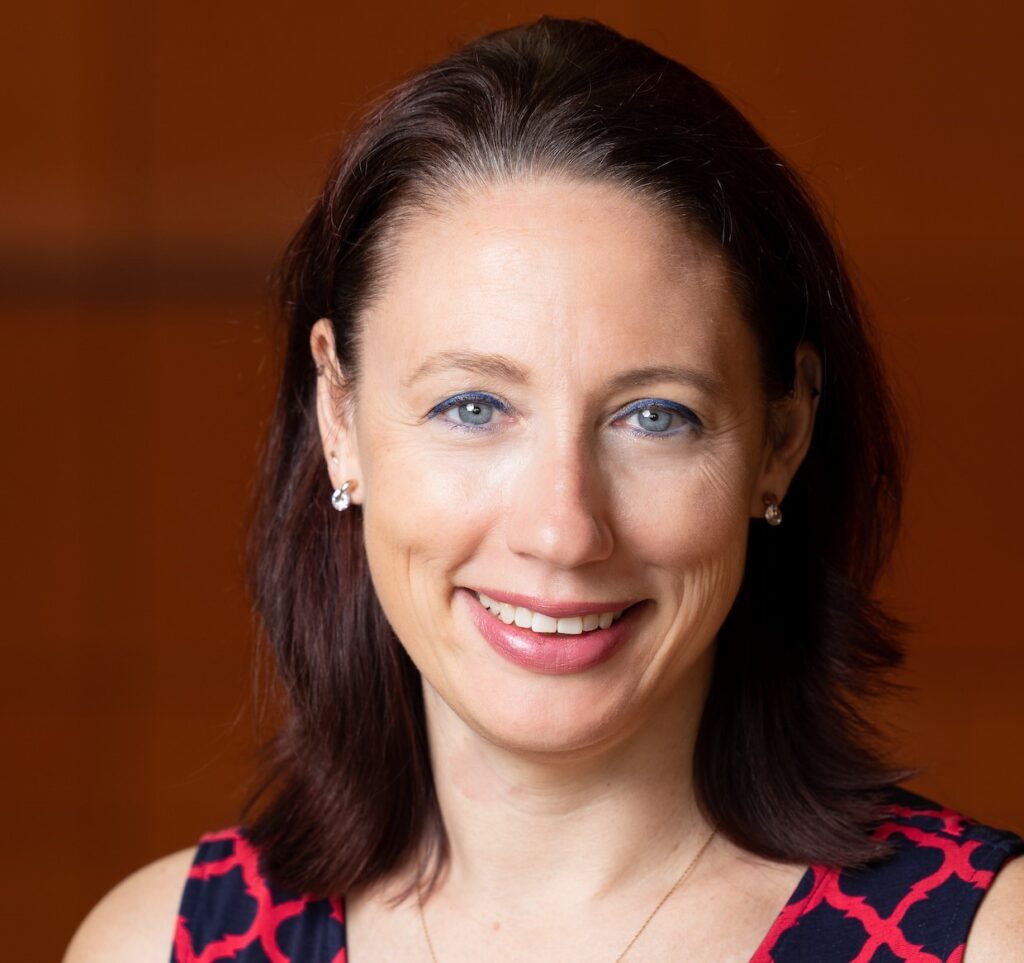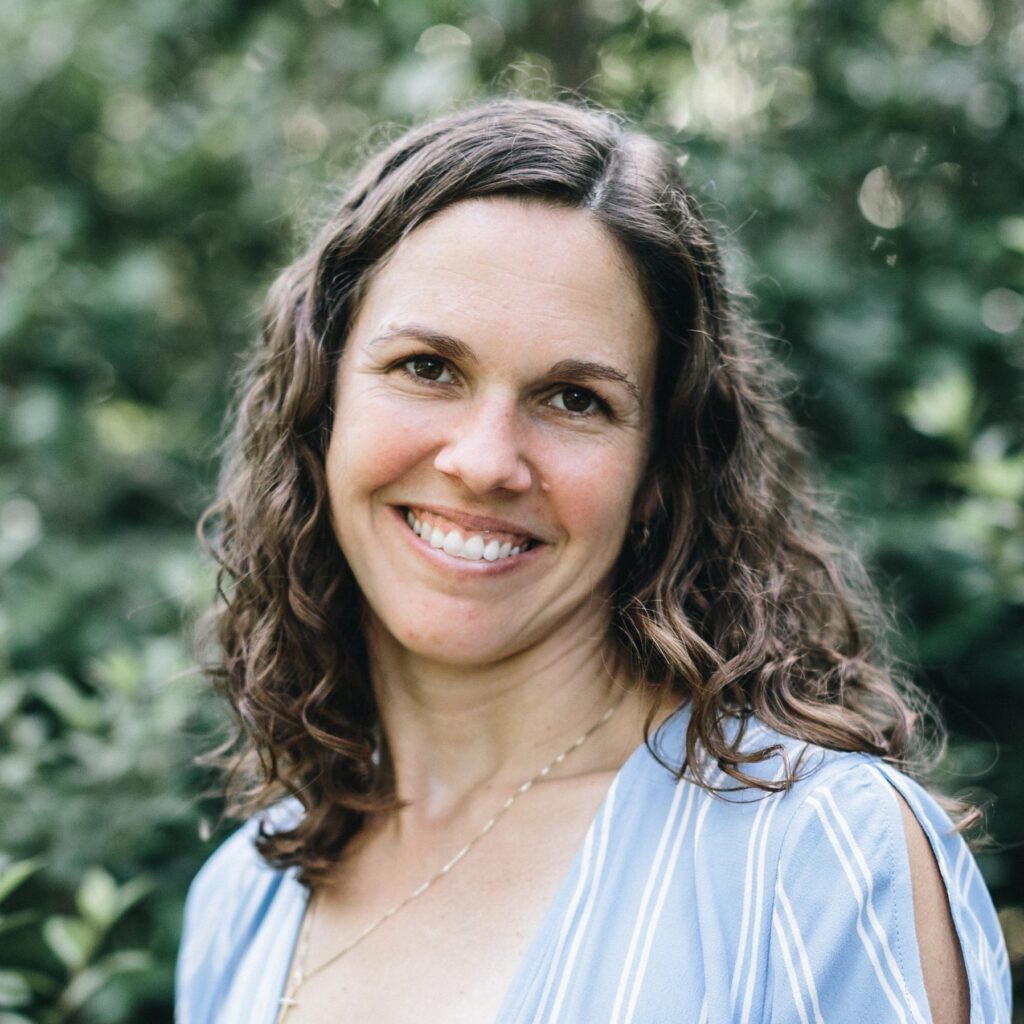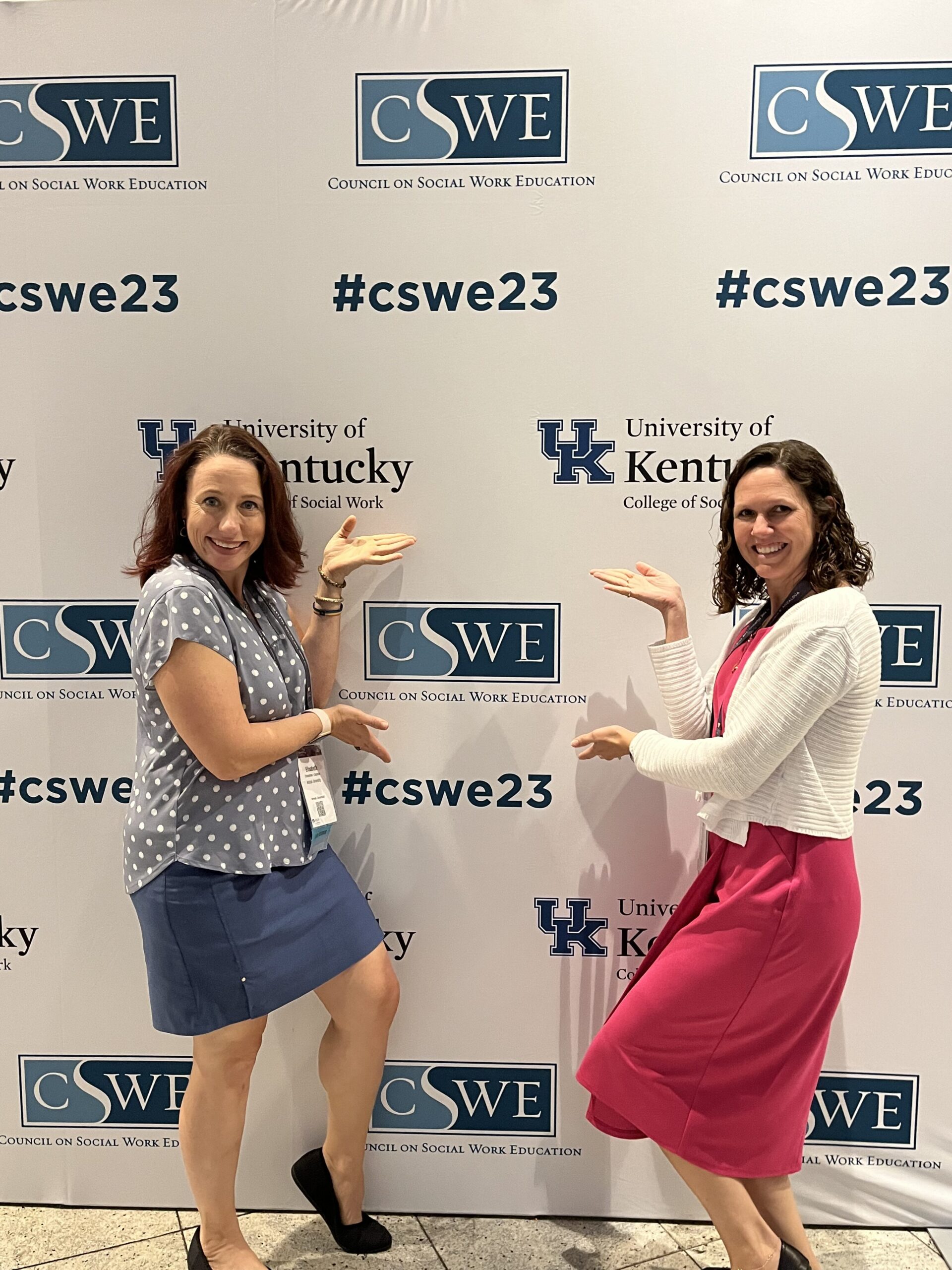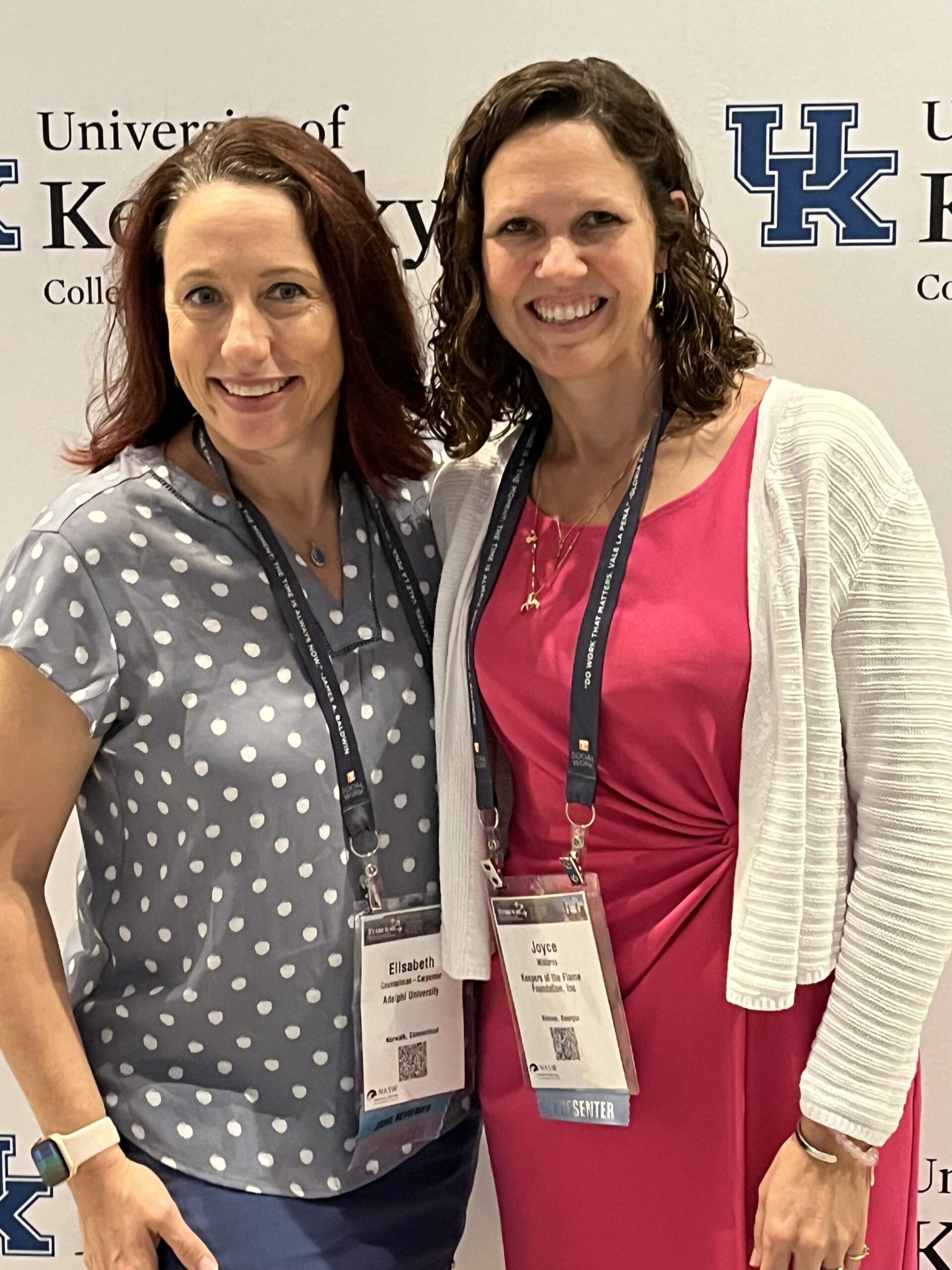Programs: Research
Since breast cancer affects patients both physically and emotionally, we’ve partnered with Dr. Elisabeth Counselman-Carpenter, PhD, LCSW, Adelphi University, to investigate patient views on both the psychosocial implications of a diagnosis and mental health support. Our goal is to educate patients, providers, clinicians, and community members with IRB research studies and to further programs based on peer-reviewed research.
Publications
Archives of Breast Cancer
1 May 2024
SABCS (San Antonio Breast Cancer Symposium)
Title: Breast Cancer Patient Perspectives on the Need for Psychotherapy and the Role of Physician Referrals for Improved Quality of Life During and Post Treatment
December 2023
Council on Social Work Education, Annual Program Meeting, Atlanta, GA
28 October 2023
Journal of Health and Social Work
Title: Lived experience of breast cancer patients during the COVID-19 pandemic
04 September 2023
The Group Psychologist
Title: Breast cancer patients and their perceptions and recommendations of groupwork
Spring 2023
Society on Social Work Education 27th Annual Meeting, Phoenix, AZ,
January 2023
Council on Social Work Education, Annual Program Meeting, Anaheim, CA
November 2022
Under Review
Title: Recommendations for Physicians about the content of mental health referrals during breast cancer treatment, Supportive Care in Cancer
Title: Factors and coping styles related to breast cancer patients’ preferences about referrals to psychotherapy
Authors: Dr. Elisabeth Counselman-Carpenter, PhD, LCSW, Adelphi University, Joyce T Williams, Keepers of the Flame Foundation, Eun Kyung Lee, Doctoral Candidate
Objective: The purpose of this study was to examine what factors may influence emotional suppression and emotional expression in breast cancer patients and how coping styles relate to beliefs about physician-driven referrals to therapy during the cancer treatment process.
Methods: Using the Courtauld Emotional Control Scale, this mixed methods study surveyed 69 participants. Based on the median score of 52.5, participants were divided into categories of Expressers and Suppressors. Twenty-seven participants opted into a Phase II semi-structured interview to further discuss their personal views on therapy during breast cancer treatment, beliefs about physician-driven referrals and experiences of coping throughout cancer treatment.
Results: Demographic variables including age, marital status, income, and experience of psychotherapy prior to breast cancer diagnosis are statically significant factors that influence CECS scores. Thematic narrative analysis of the Phase II interview revealed both Expressers and Suppressors recounted experiencing the ‘Elsa effect’, a term coined to describe emotional concealment as a form of emotionally protecting self and others and reported that that a physician driven referral to therapy would have been helpful in terms with coping.
Conclusions: Overwhelmingly, participants who fell into either category of emotional suppressor or emotional expresser believed that there should be physician driven referrals to therapy during the breast cancer treatment process. Both those identified as suppressors and expressers indicated high rates of concealing one’s true emotional experience. This highlights the need for psychological therapy referrals to be integrated as a best practice, regardless of patient’s identified coping style or demographic identities.
Articles in Development
- Recommendations of trauma informed care for clinicians based on the content and concerns of breast cancer patients. Anticipated submission, October 2023
- New Study (surveying and analyzing data on: Understanding the impact of empowerment photography on the mental well-being of breast cancer patients and the corresponding impact it has on the perception of beauty in the community)
About the Researchers
Dr. Beth Counselman-Carpenter, PhD, LCSW

Primary Investigator,
Associate Professor at Adelphi University,
Listen to podcast link above to hear from Beth. She has written over 24 articles published in peer-reviewed journals, 8 book chapters, and is the co-editor of the clinical practice book Working with Grief & Traumatic Loss: Theory, Practice, Personal Reflection & Self-care for Clinicians, by Cognella Publishing, and two textbooks on Human Behavior in the Social Environment.
She has participated in over 35 research presentations at pre-eminent professional conferences in the social work, medical, psychology, teaching and technology fields. The recipient of four grants from Columbia University, the American Association of University Professors, and the Adelphi University Provost’s Office, Dr. C’s research focuses on deconstructing barriers to service provision – exploring the barriers that prevent people from accessing treatment, understanding what factors facilitate post-traumatic growth and creating sustainable frameworks for retention of folx – in treatment, in educational settings and academia and particularly related to students, faculty, clients and other community members with marginalized identities and trauma survivors.
Joyce T. Williams,

Lead Researcher
Founder & Executive Director of Keepers of the Flame Foundation
Joyce is a graduate of Furman University and spent seven years teaching middle and high schoolers before staying at home with her little girls. When they were 4 and 5, Joyce was diagnosed with invasive ductile carcinoma. In a ten-month period, she had a bilateral mastectomy, reconstruction, chemotherapy, radiation, and a hysterectomy. She learned first-hand the physical and emotional trials accompanying a diagnosis and has become a huge advocate for breast cancer patients and their mental health.
Since treatment, she has founded Keepers of the Flame Foundation. She developed their website to connect other survivors with resources and support needed; she created a podcast, interviewing key professionals and uploading an episode a week for 52 weeks. She then researched, did curriculum planning, taught, and digitally produced KotF’s free resilience curriculum. She’s done educational presentations and inspirational speaking engagements, partnered with yoga-instructors to provide free classes to patients; and she has peer-counseled over 35 newly diagnosed patients. She’s the founder and president of Keepers of the Flame Foundation and works closely with her team to continue to support breast cancer patients physically and emotionally with both local and digitalized programs.

